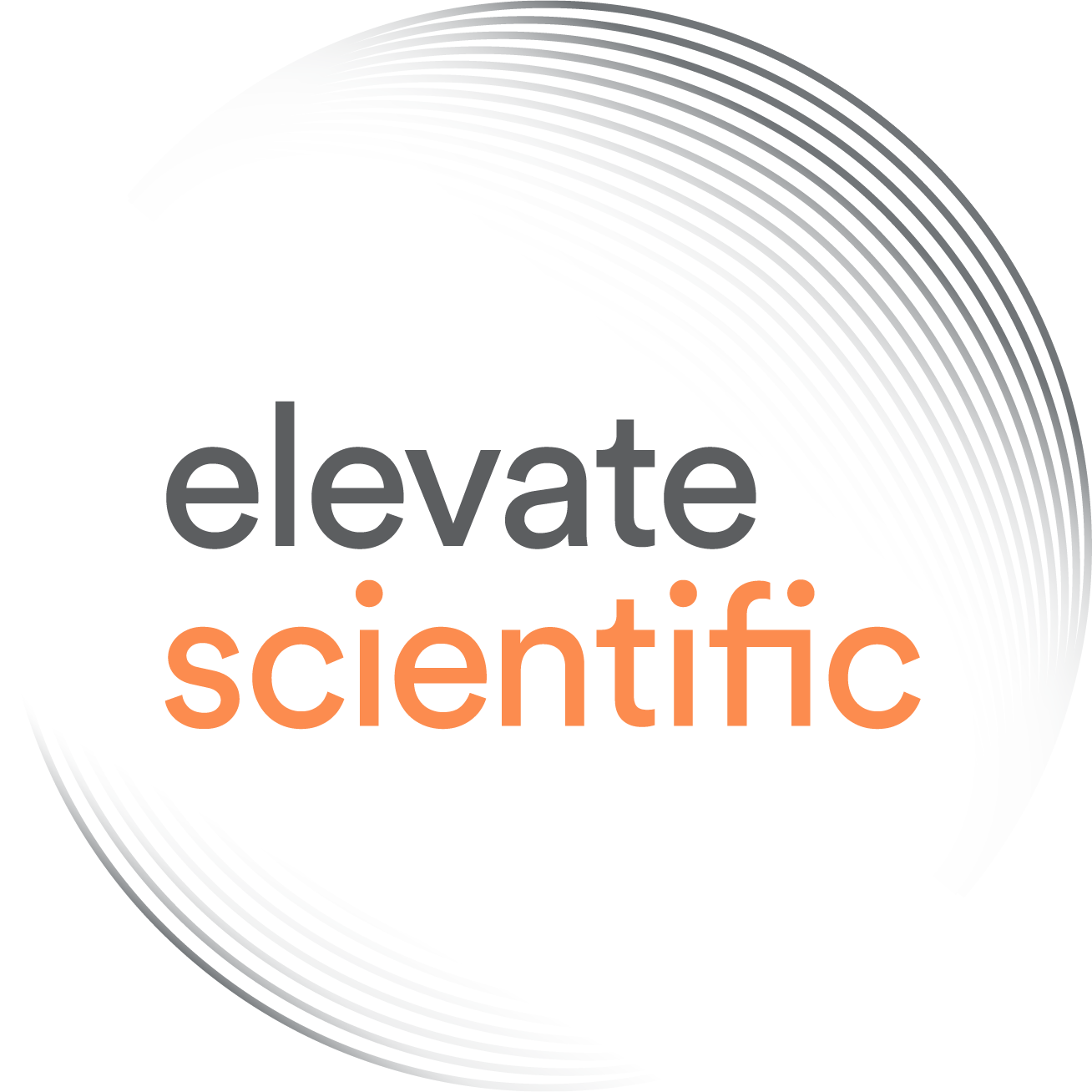What are the best ways to educate the next-generation scientists, undergraduate students, and, in the wider context, today’s kids?
M any people would agree about the importance of education, but far fewer would know or agree on the best way to educate next-generation scientists, undergraduate students, and, in the wider context, today’s kids. There seems to exist a wide body of knowledge on effective teaching practices, but the subject is both complex, as well as debated. Nature, together with Scientific American (who is published by Nature Publishing Group) recently published two parallel special issues [1,2] that shed light on this important topic.
One way to improve pupils’ learning is by getting them to actively engage with the content they are supposed to learn [3]. This is important for pupils of any age. For example, in Germany’s House der kleinen Forscher (Little Scientists’ House) program, pre-school kids are encouraged and inspired to ask questions, and to try to answer these and test the answers to in effect emulate how scientists go about to understand the world. This approach teaches students not only something about the subject in question, but also a process for discovery and learning. As Jay Labov, a senior education adviser at the US National Academy of Sciences is quoted saying [3], “It means learning content not as something you memorize and regurgitate, but as raw material for making connections drawing inferences, creating new information – learning how to learn.”
Another way to promote this type of ‘active learning’ is by looking at problems from different angles through context/problem based learning. For example, the common practice of teaching undergraduates sequentially through single-topic, specialized courses can be exchanged with integrated, crossdisciplinary courses that give students complex, immersive exercises such as the one by Tammy Tobin at the Susquehanna University in Selinsgrove, Pennsylvania [4]. In Tobin’s course, students are asked to tackle a viral outbreak alert by taking the role of federal public-health officials to identify the pathogen, tracking how it spreads and figuring it out how to contain and treat it, all within a semester-long virology course covering a wide range of topics at the intersection of politics, sociology, biology, and economics. Key in these active-learning approaches is not that the students necessarily arrive to the correct answer. As Tobin is quoted saying [4], “[making mistakes] doesn’t affect their grade so long as they present what they did, how it worked or didn’t work, and how they’d do it differently.”
That active-learning approaches are effective has been verified in the science, technology, engineering and mathematics (STEM) fields, where traditional lecturing was shown to increase failure rates by 55% over the rates observed under active learning [5]. It’s also been shown that students actively engaging with course material end up retaining the learned material for much longer, and that they will be better able to apply their knowledge broadly.
This type of ‘deep learning’ can be promoted in other ways as well. One involves so-called retrieval practice, which can be promoted by frequent testing [6,7]. Retrieval is the process that makes new memories stick because calling up information from memory, as compared with simply restudying it, produces higher levels of activities in brain regions associated with consolidation of memories. Retrieval practice does not only enhance the recall of isolated facts, but also facilitates applying the knowledge in other contexts. Other types of effective learning strategies are so-called distributed practice and interleaving [8].
But while there are many ways to improve teaching, at all levels, there are many obstacles to change. In the case of academia, Stephen E. Bradforth and colleagues, writing as representatives of the Association of American Universities and the Research Corporation for Science Advancement Cottrell Scholars, call for urgent action to improve the quality of STEM undergraduation education by providing better incentives for changing and improving teaching practices. To that end, the authors outline the following changes that are needed at all levels of research universities [9]:
- For faculty members
- Increase scientific and reflective teaching.
- Increase student engagement in learning.
- For senior administration
- Recognize and reward good teaching.
- Encourage faculty buy-in.
- Centralize and make accessible data and analytics.
- For colleges and departments
- Develop learning objectives for introductory STEM courses.
- Evaluate teaching with meaningful metrics.
- Make teaching count for promotion and tenure.
These changes, the authors argue, are all needed to enable faculty members to be scholarly about teaching, which they must be assessed, recognized and rewarded for.
But these types of changes are needed for educating pupils of all ages, not least because the demands for critical thinking skills are becoming increasingly important in a 21st century workforce [10].
[1] An education, editorial, Nature 523, 256 (2015).
[2] http://www.scientificamerican.com/editorial/building-the-21st-century-learner/
[3] Reading, writing and high-energy physics, M. Baker, Nature 523, 276 (2015).
[4] Why we are teaching science wrong, and how to make it right, M. Waldrop, Nature 523, 272 (2015).
[8] Why cramming gets a “C”, A. P. Paul, Scientific American (July 2015).
[9] Improve undergraduate education, Bradforth et al., Nature 523, 282 (2015).
[10] A world without work, D. Thomson, The Atlantic (July/August 2015).


